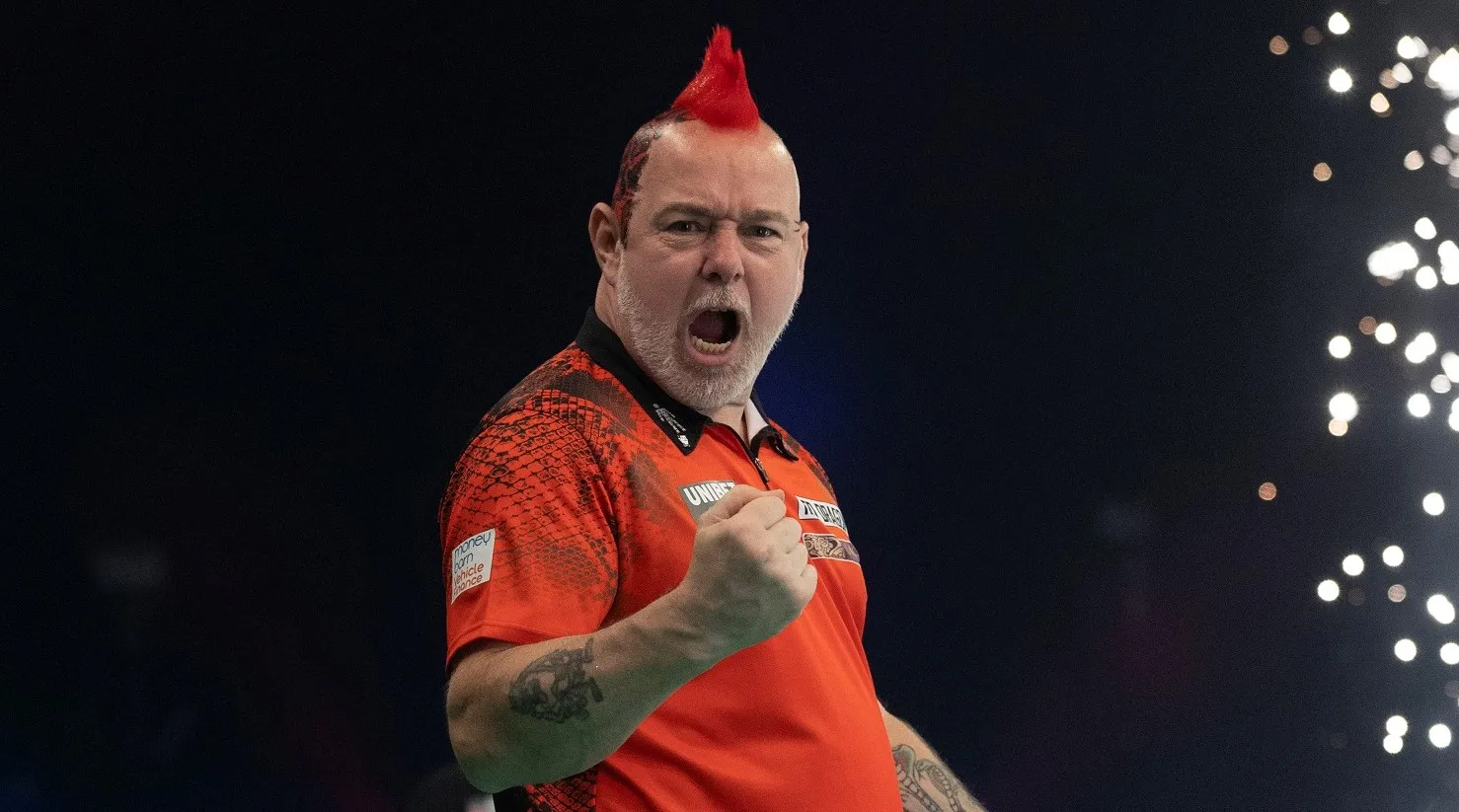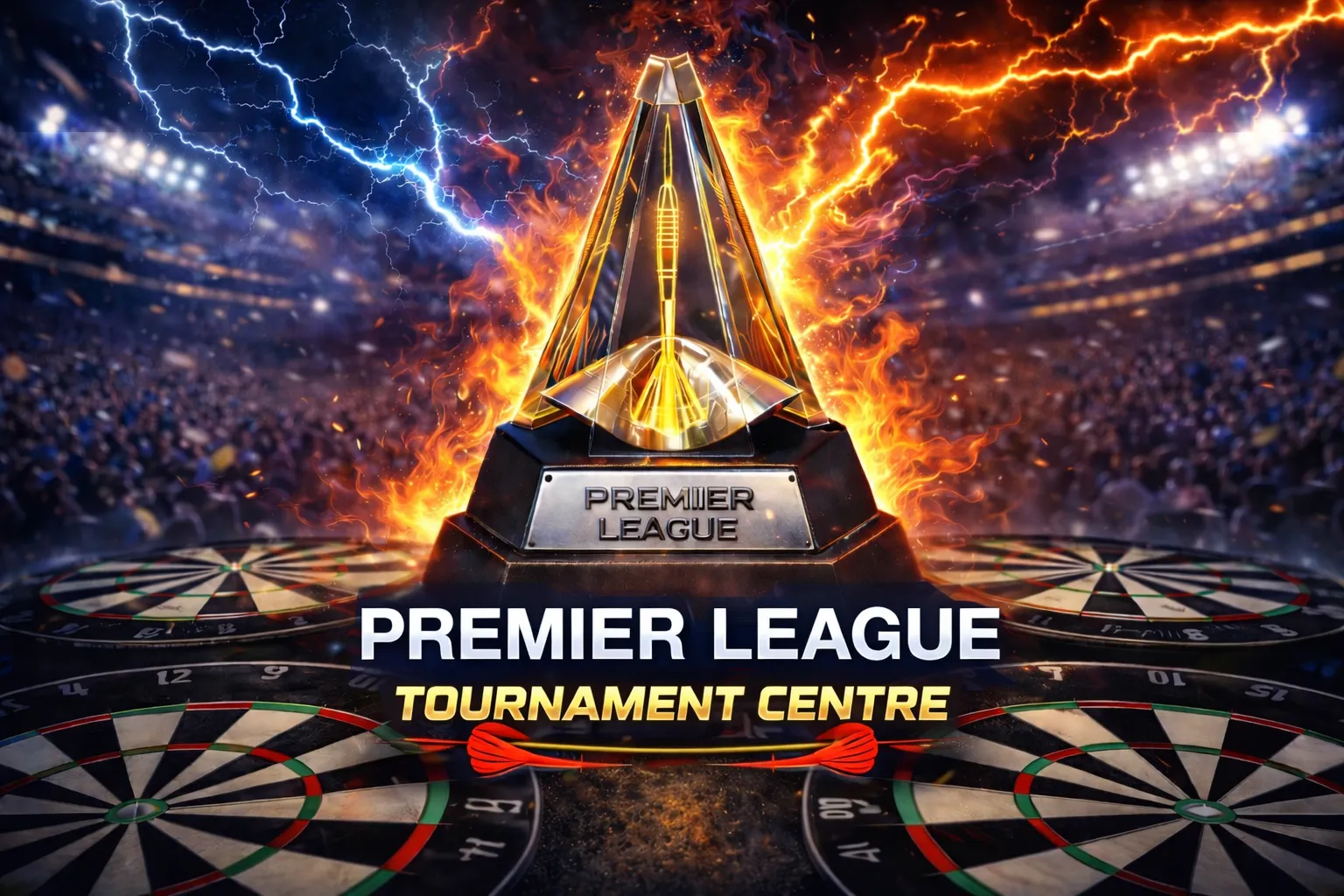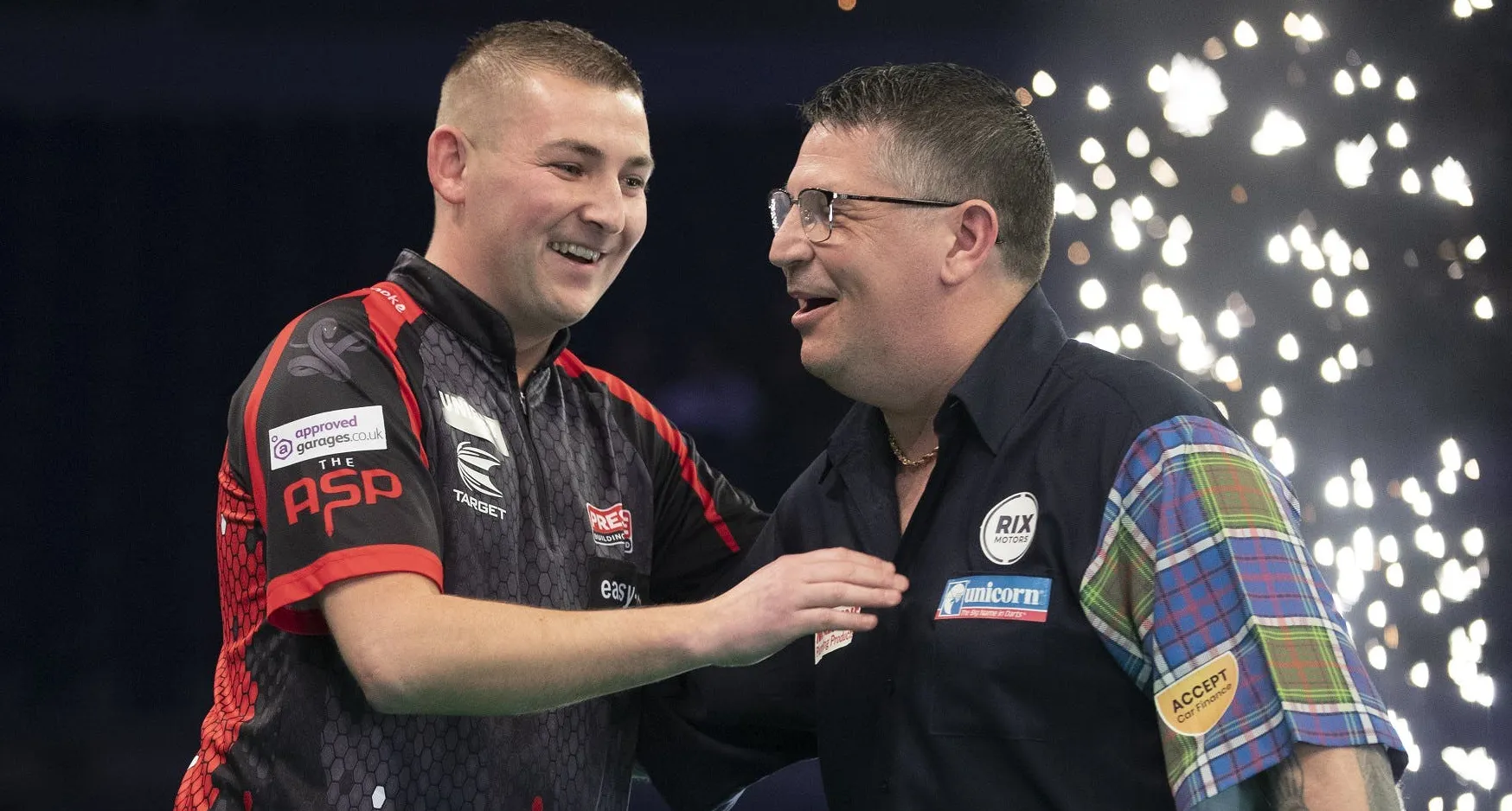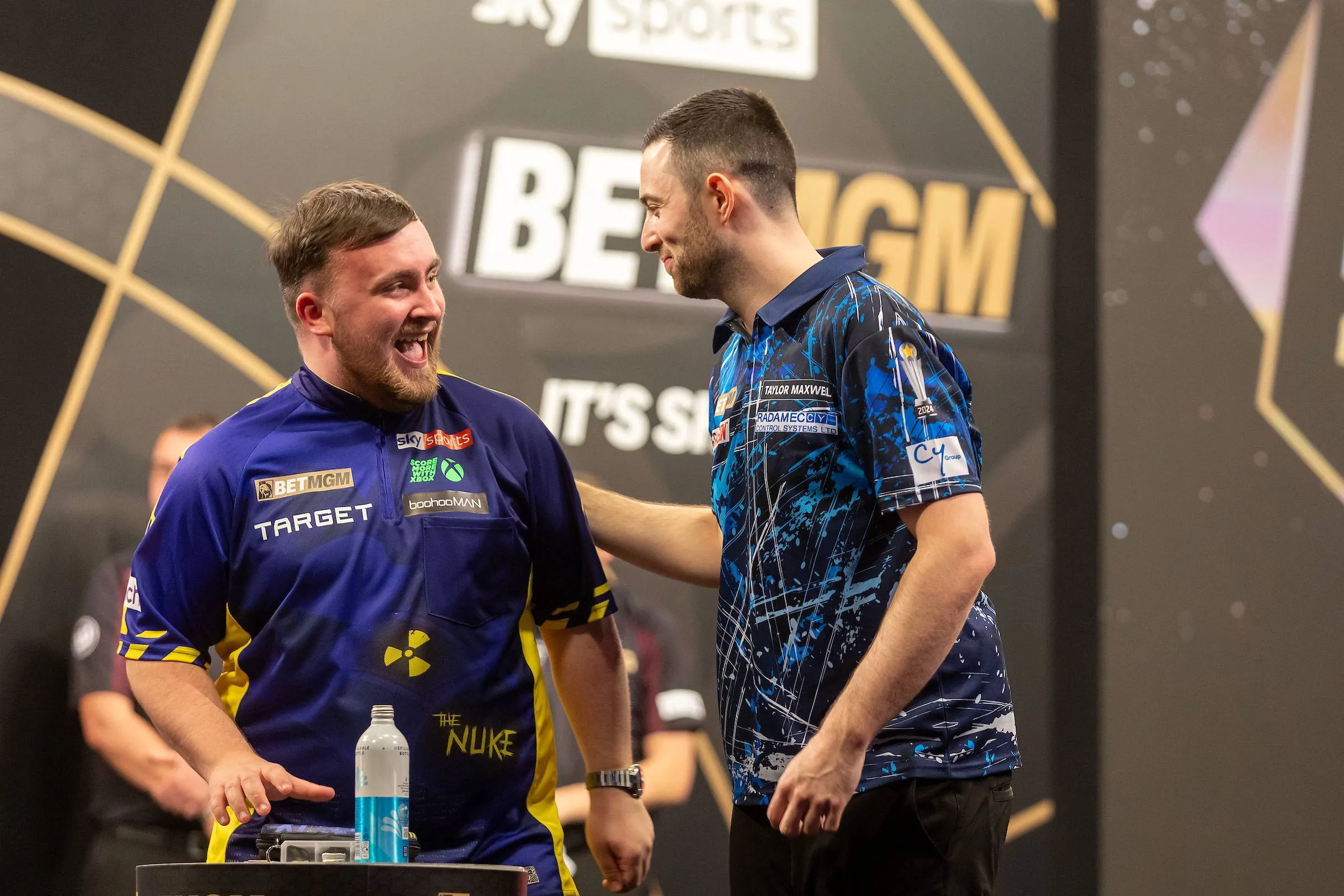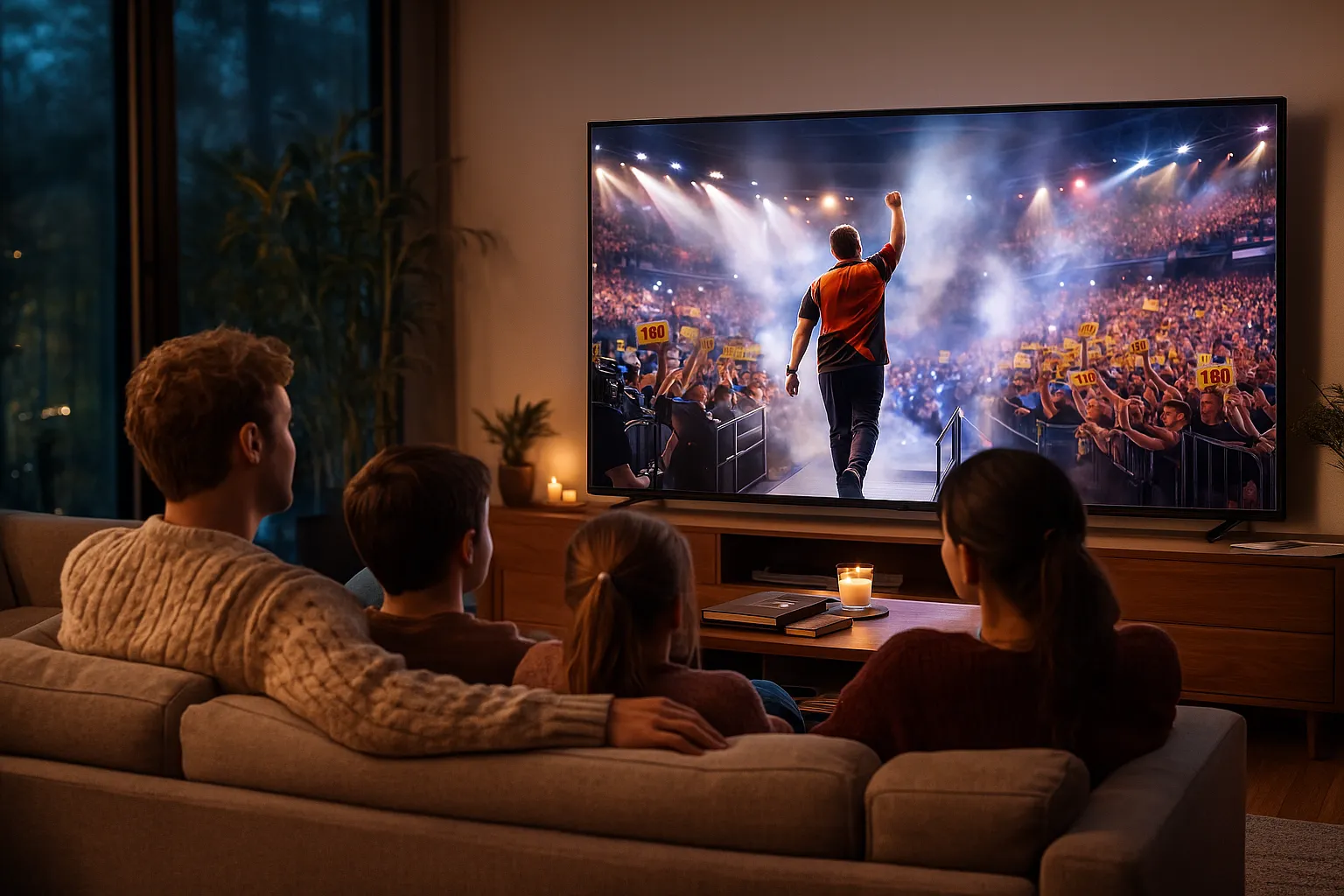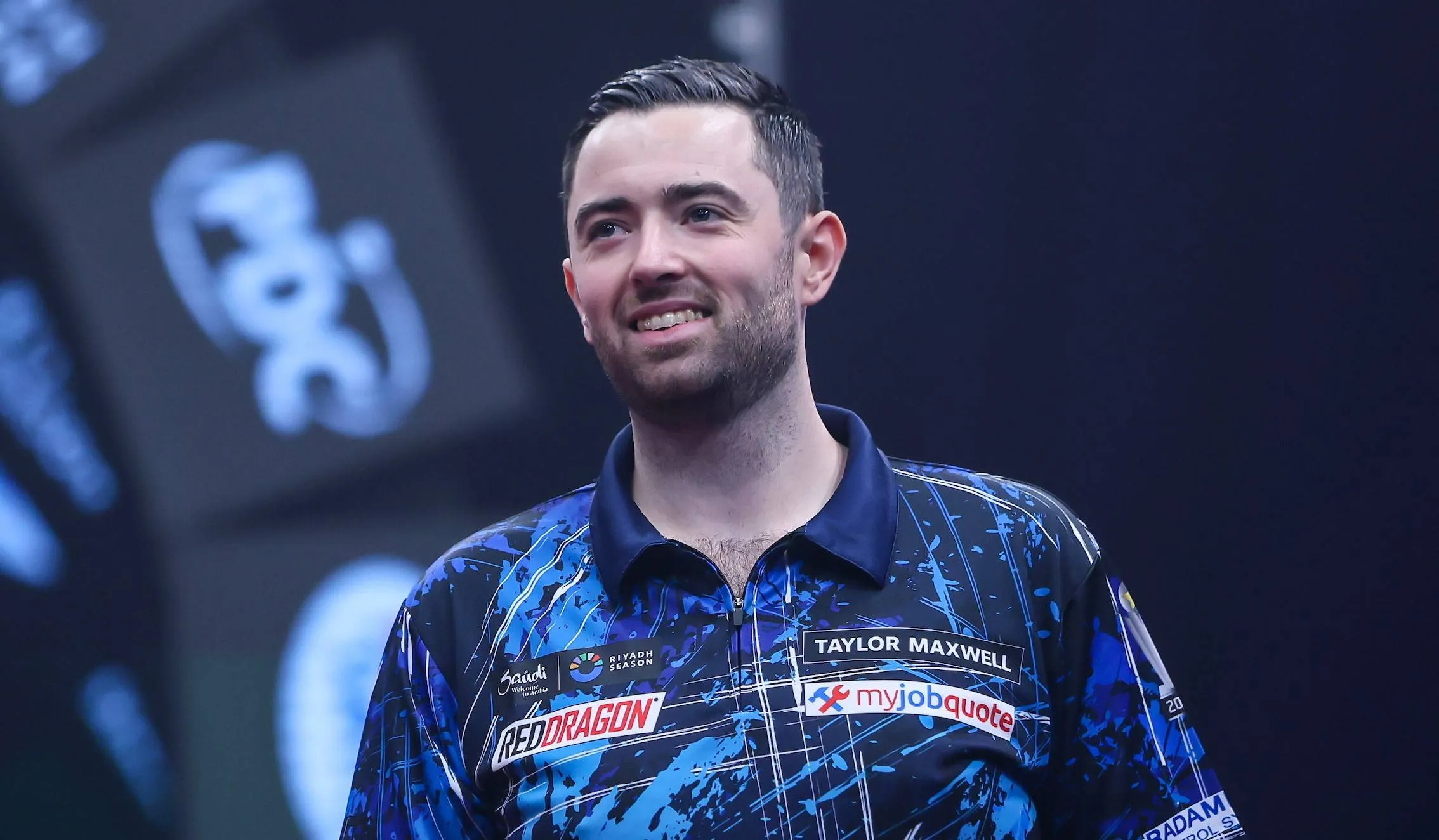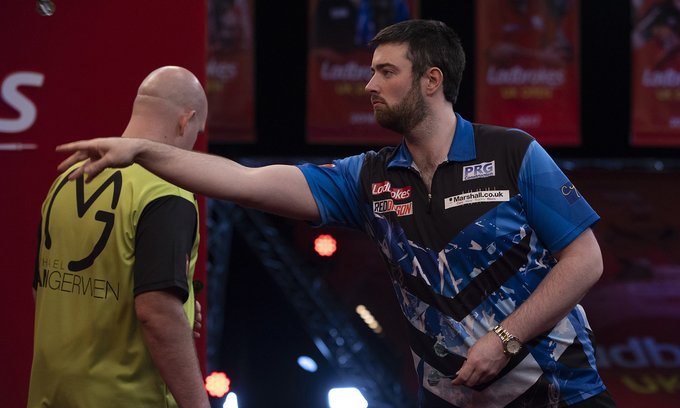Humphries discusses mental health issues: "To this day, I have no idea how I was able to even play"
PDCWednesday, 23 June 2021 at 11:00

Luke Humphries emerged at the forefront of the darting world during two World Championship including the 2020 edtiion when he proved he wasn't a flash in the pan by making it to the last eight.
But under the surface, Humphries was suffering from mental health issues which have aimed to derail his future in the sport but he hasn't let it happen.
Read also
“To this day, I have no idea how I was able to even play, let alone put out the reigning World Champion. I’d enjoyed some decent wins that year but nothing to suggest I was capable of beating Rob, it was a huge win for me. Ten minutes after the game, Dave Clark interviewed me for Sky Sports and I felt absolutely fine," he said to Red Dragon Darts.
“Everything was then relatively ok until it happened again in April 2019. I was leading James Wade in a European event when my mind just went. This time, I began doubting myself with every dart and went from winning the match to losing emphatically.
“At that point, I was ready to throw in the towel, my health came first. If darts was creating anxiety issues then that would be the thing to give up. I’d rather go back to working as a roofer than living like that with the pressure of the game affecting my mental health.
“When I put up a post on social media to say I was seriously thinking about quitting professional darts, it caused quite a stir. I have always been incredibly close to my parents and brother, they are my rock and forever there to offer me love and support.
“My Dad advised me against making any hasty decisions. He reminded me of the hard work and dedication I’d put in to get this far. Together with my Mum, they suggested I take a breather to think, not to throw it all away without exploring every avenue of help available.
“When I spoke to my management team as well as my sponsors, they also offered plenty of support. They recommended I take a step back, maybe miss a few events, and have a long think about my future. I even went to see a cognitive behavioural therapist which helped.
“Nowadays, the feelings of anxiety are still there but I now understand it. I no longer allow the sensations to be confused with anything else, I know immediately that it’s not a serious medical condition. I’ve learnt that it’s just a case of drawing that distinction enabling me to deal with it much better.”
claps 0visitors 0
Just in
Popular news
Latest comments
- what a load of crocmedinabello19-02-2026
- So,it's a rubbish league,waste of time. Just put 8000 people in a building every Thursday,get them all drunk,and wonder why it's a complete joke. And forget every other player apart from 8. It's a ridiculous,inane,and needless so called competition.rick6718-02-2026
- Sorry,I've never been a professional darts player,but obviously from your comment,you have. So, going to your reply, you're blaming the management,not the player? So in that respect,he should get a different manager? That's basically all your comment is saying. Don't let him do money makers,which Barney said is easy money, instead of tournaments? Shake hands instead of trophies? Well I guess the manager knows best,as he has a big cut!rick6716-02-2026
- Sorry Mr rick67, erm what punditry credentials do you have to comment on a pundit? There's a reason why many top professionals have management teams. They know how to manage schedules etc so the players can just play. And how is Edgar wrong? Last year MVG failed to qualify by missing too many tournaments and underperforming. He's repeating the error this year so Edgar is right In calling this out.BandB15-02-2026
- Just get of Mardle,I didn't pay to watch him,and I don't want him for free! Let's see,how many world champions,either code,did you win? None! Now mason does it more as a player who was a floor player than you were putting pineapple on your shirt. Mardle,just go,you over inflated ego may follow. Tell you what,get on the seniors tour,and show everyone how good you weren'trick6715-02-2026
- Sorry Mr Edgar,erm what have you actually won to comment? Mvg has had his issues,but you have won a grand total of what? I make that nothing. So how can your comment be justified? Let him do what he likes,you do what you like, and we'll see what you win nextrick6715-02-2026
- Seems to be having a moan for no reason and using “Do-Gooder” as an insult makes no sense. It literally means someone who does good things!Wonker12-02-2026
- Mickey Vs mensur for the world champion? It's starting tomorrow,finishes in January!!rick6711-02-2026
- Oh well that's it then. Both these goofs will expect and demand premier league darts next year after this.richieburnettrocks10-02-2026
- Sincere apologies to Richie, I forgot yesterday, slightly belated but Happy Birthday to the great man. Certainly looking good for 59richieburnettrocks08-02-2026
Loading
